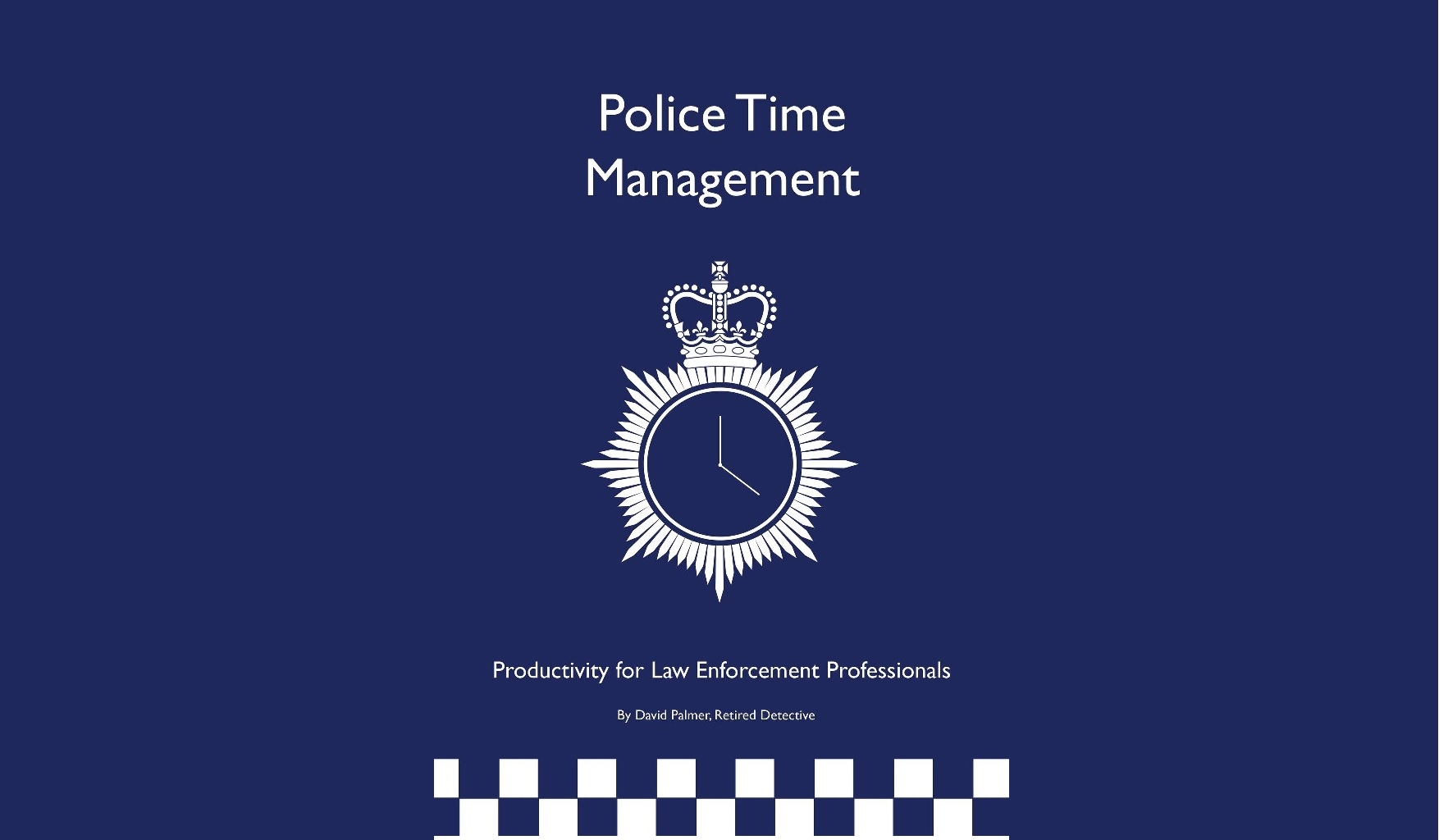You’d be amazed how badly people deal with incoming mail. Not e-mail – that’s an essay in and of itself, but paperwork, including documentation received through electronic case management systems as well as internal memoranda and general mail. The main problem is a reluctance to deal with it, and that reluctance comes from the fact that you just know that opening it will lead to more work, and you have enough of that already.
This paralysing reluctance to dealing with mail is easily cured. You just need to create and apply a systematic process for dealing with this incoming ‘stuff’. Here are a few hints.
- If the memo/letter can be answered in a sentence, write that sentence on the original and send it back. But be polite. I once had a loooonnnngggg memo from a file vettor. I answered each point at the end of each point with comments like ‘attached’, ‘yes’, ‘no,’, and ‘not necessary’. He went ballistic.
- If it can be answered with a short e-mail, do that. Better still, if the circumstances permit, use the phone.
- If there are multiple tasks associated with the document, treat it as a To Do List of many separate items. This may seem odd, but that approach takes a huge mass of undoability and turns it into a list of completable tasks. The huge ‘build a car’ level memo turns into a ‘buy a tyre’ level of required effort.
- If it is a big list, get a manila folder, put the master document into it, and then do the work while inserting the completed work in the same folder, if appropriate. Keep it all together and watch your completion take place before your very eyes.
- If any item on the list is itself a big task, break that down into its own To Do List and start working through that.
Above all, do NOT fall into the trap of doing nothing, or managing what you ARE doing so badly that the resultant pile of paper becomes even more psychologically problematical that the original memo justified. Don’t let it fester while more memoranda come in to add to your stress. That, more than anything else, is the biggest time management trap into which so many of my colleagues fell. They thought that putting it off lessened the stress, but that method always creates more stress because our work is always replaced by new work, so incomplete work just builds up unless and until some action is taken.
In my book Police Time Management I go into copious detail about the creation, management and execution of To Do Lists, much more detail than I have put into this article. In fact, 16 pages on lists alone. That sounds complicated, but it really isn’t. What that chapter provides is enough information for you to develop your own approach to managing your workload and your productivity.
In fact, it becomes so easy if you apply it that you’ll wonder why you ever felt stressed about memos. Apart from the sheer stupidity of some of the requests from the CPS that you can’t believe came out of the mind of a qualified lawyer. Sorry, I can’t do anything about those.
Except suggest trying the ‘not doing that’ response I put on that vettor’s memo. Probably why he went bananas…..
